
ACCORD hosts roundtable discussion on the state of political stability in the KwaZulu-Natal (KZN) province
Reflecting on the KZN political landscape ahead of the 2024 general elections.

Reflecting on the KZN political landscape ahead of the 2024 general elections.
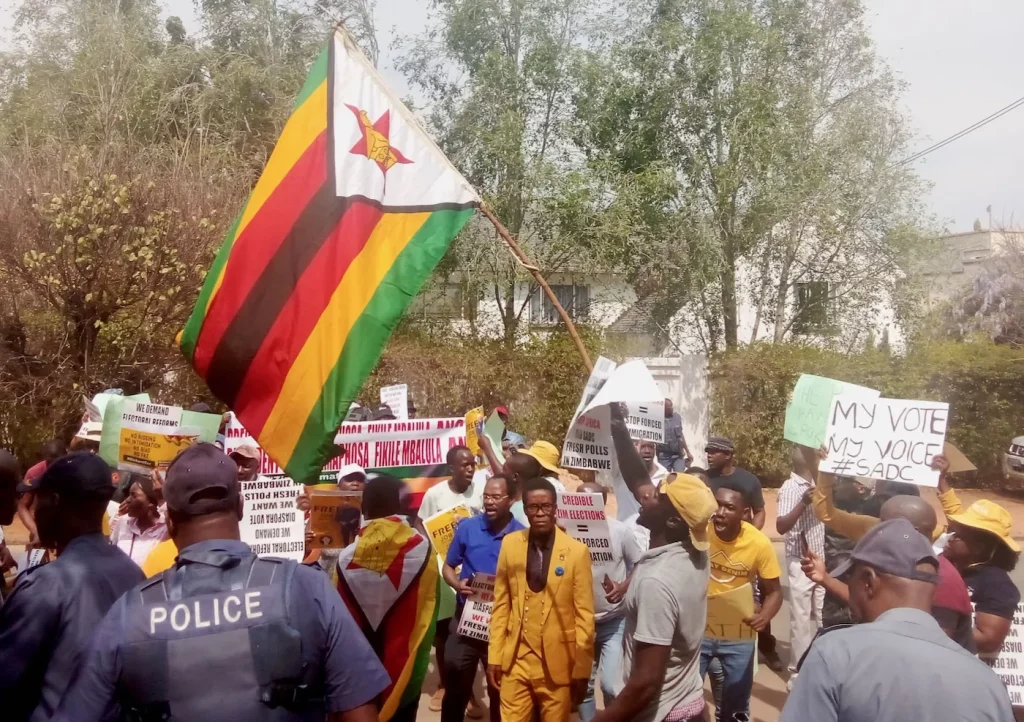
This article evaluates the role of SADC in resolving electoral conflicts in Zimbabwe, emphasising the organisation’s constrained enforcement capacity and reliance on diplomatic strategies.
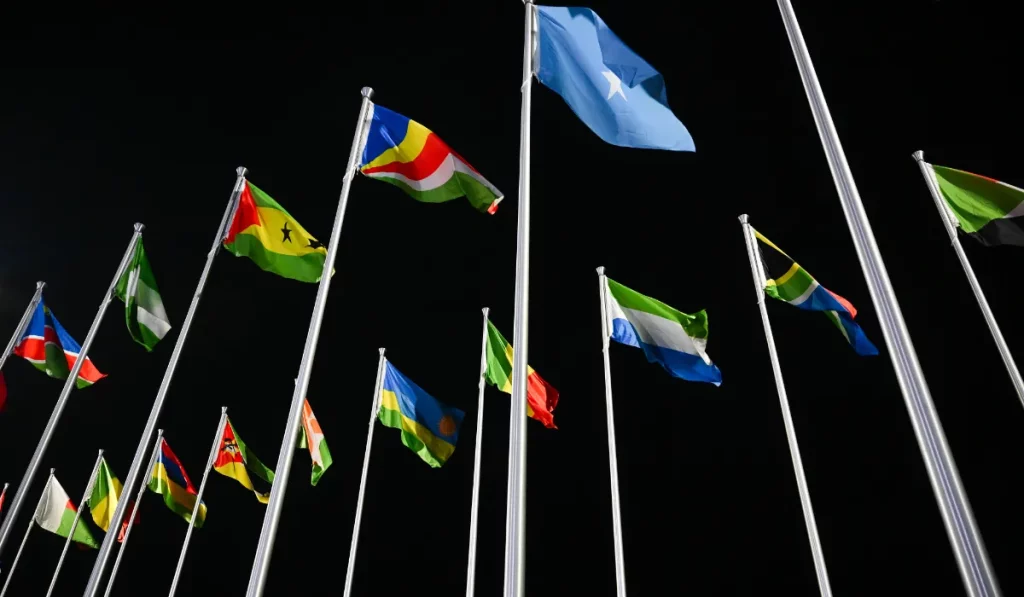
We are pleased to share the first Issue of the Conflict & Resilience Monitor in 2024. Our first article was written by Professor Eddy Maloka, CEO of the African Peer
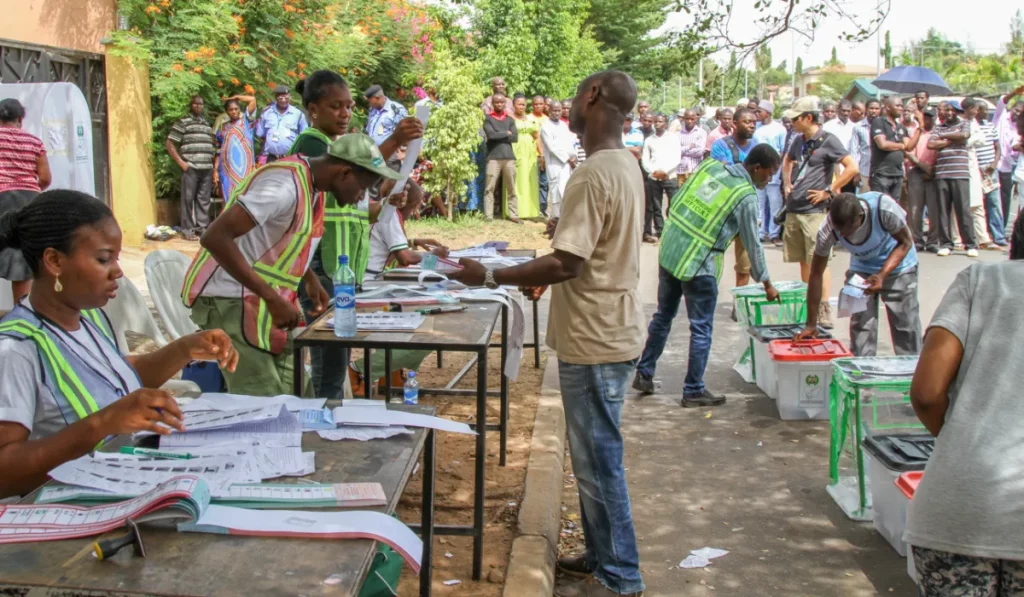
The high number of elections makes it key to assess the Continent’s overall quality of governance and degree of democratic consolidation.
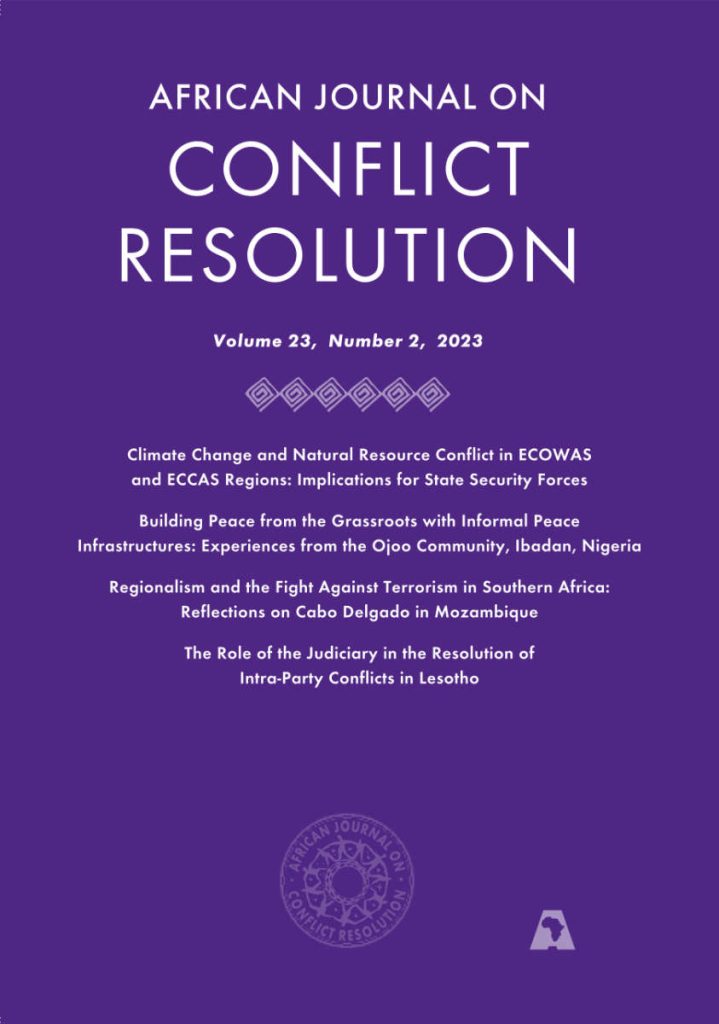
The African Journal on Conflict Resolution is a peer-reviewed journal published by the African Centre for the Constructive Resolution of Disputes (ACCORD) for the multidisciplinary subject field of conflict resolution.
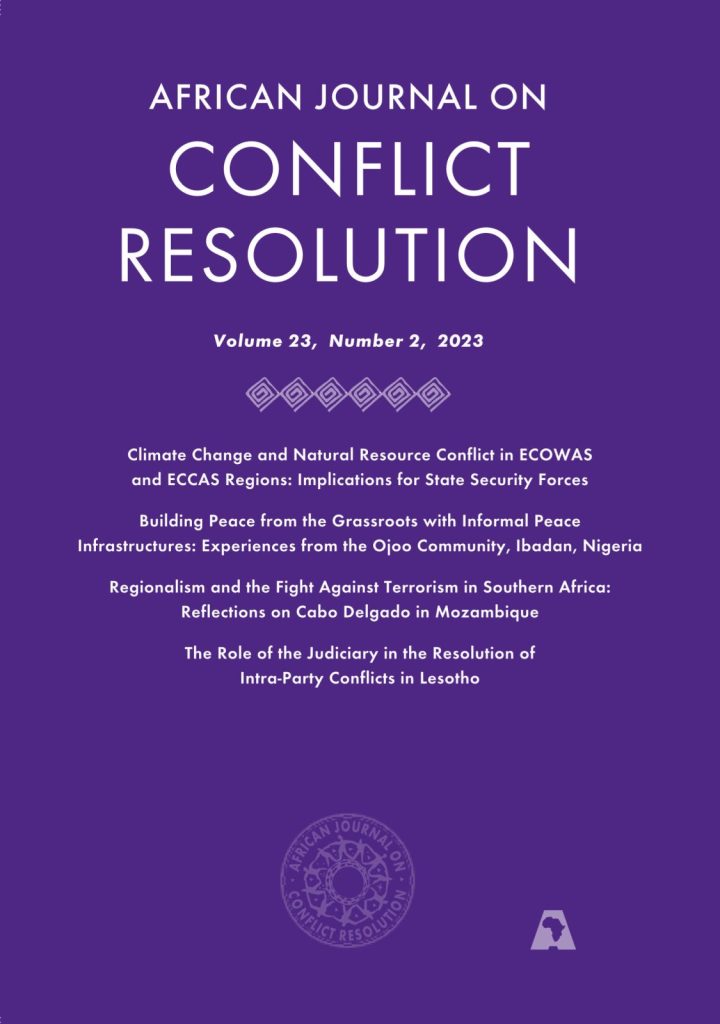
Abstract Political parties play an integral role in modern democracies and are legitimate platforms of contestation for state power. Despite the vital role that political parties play in democratisation, they
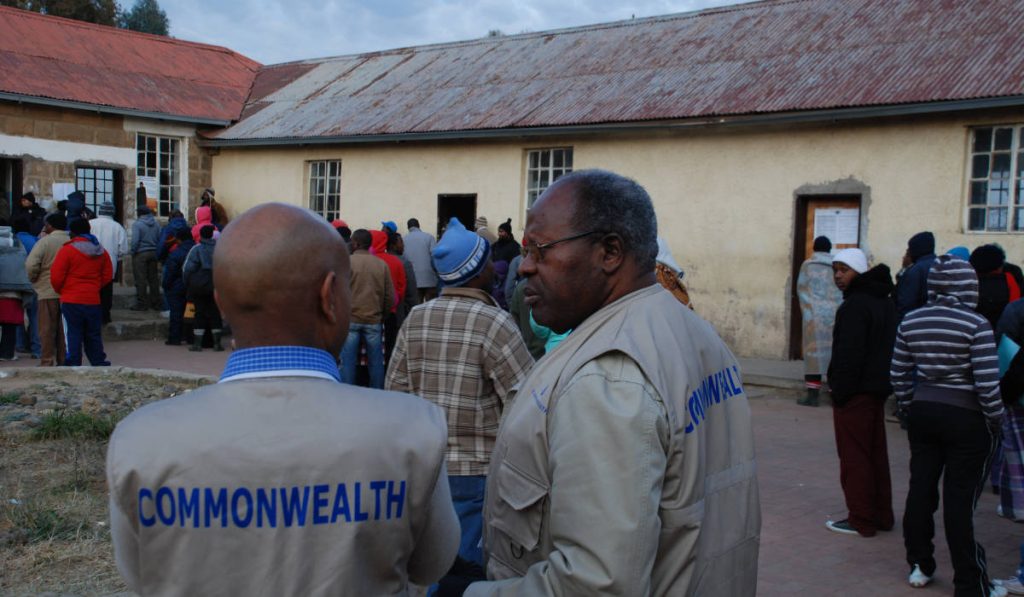
Understanding the current political climate in Lesotho.
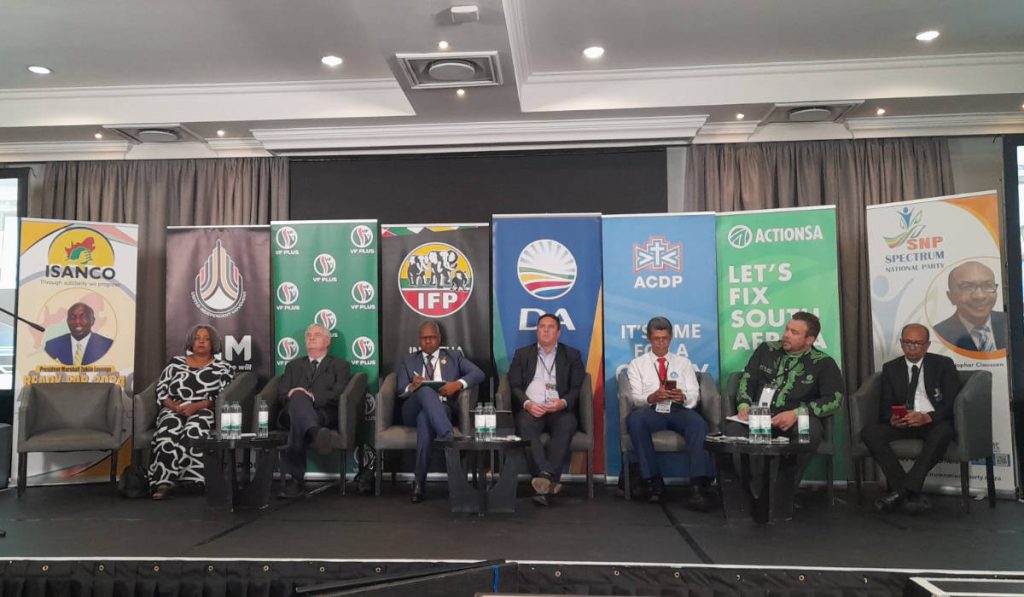
Civil society plays an important role in the configuration of coalitions.
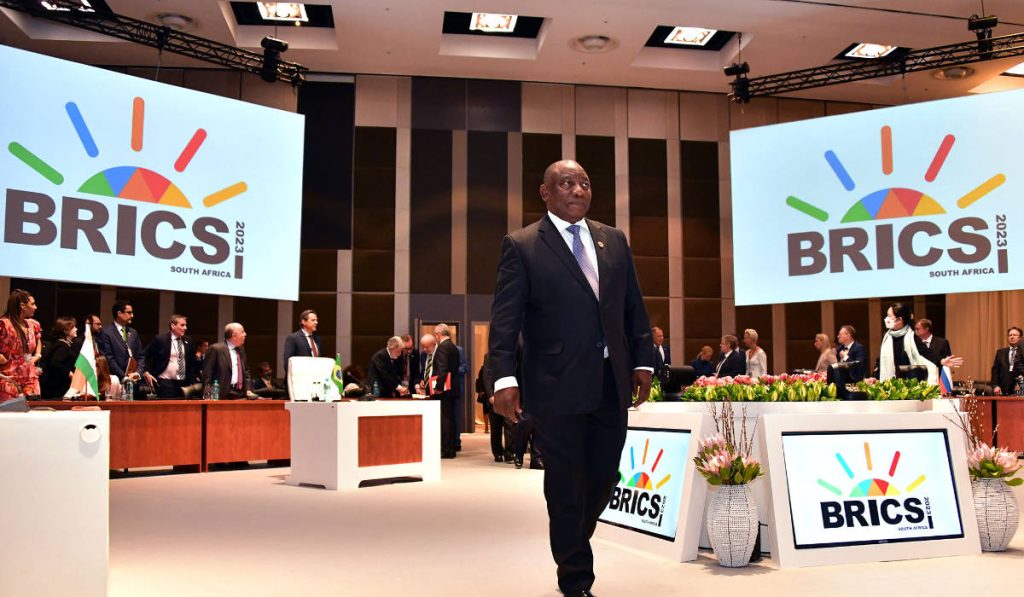
The Conflict and Resilience Monitor offers monthly blog-size commentary and analysis on the latest conflict-related trends in Africa.
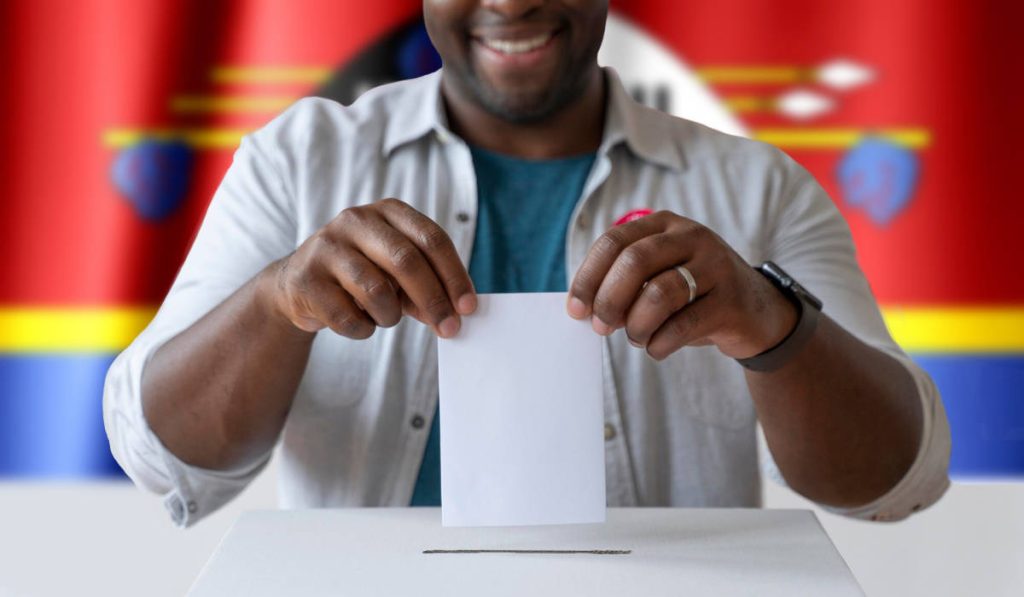
Both Zimbabwe and Eswatini have faced challenges relating to their democracies and conducting their elections.